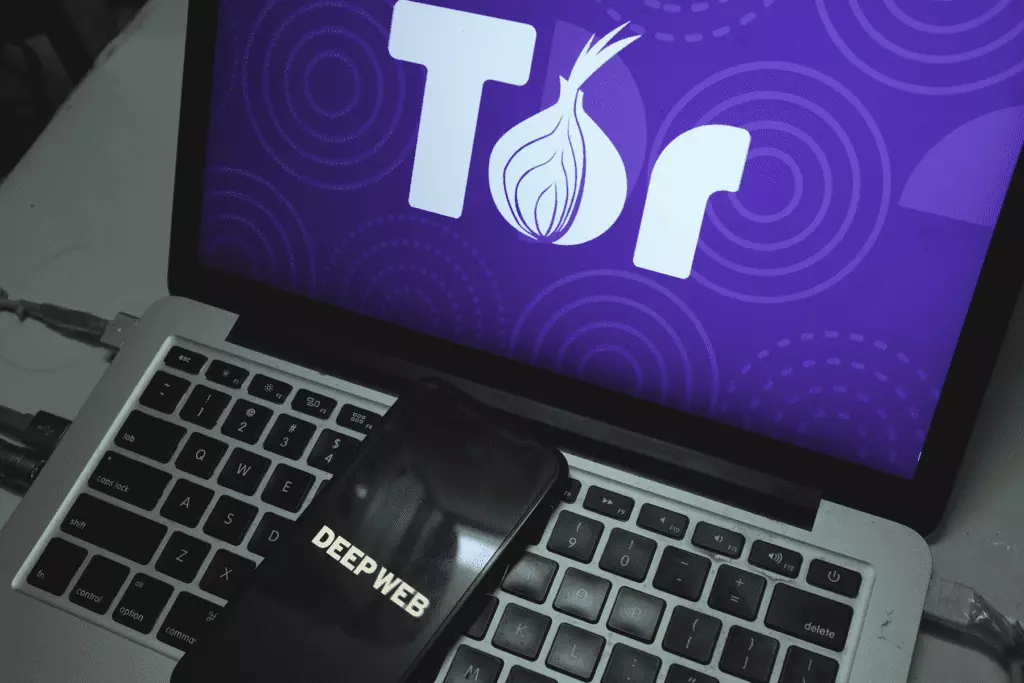To browse .onion deep web links, install Tor browser from https://www.torproject.org/
Financial Services
- Imperial Market – Best Financial Service
Onion sites are a type of website that can only be accessed through the Tor network. Tor stands for The Onion Router, which is a free and open-source software that enables anonymous communication.
Onion sites have a .onion domain and are not indexed by traditional search engines. This makes them difficult to find, and only accessible through the Tor browser.
Anonymity in the Digital Age: All About Onion Sites
In today’s digital age, privacy has become an increasingly important concern. With the rise of social media and the ease of data collection, many people are seeking alternative ways to protect their online identity. Enter onion sites, a type of website that allows users to browse the internet anonymously.
In this article, we will explore the concept of onion sites, their history and evolution, and the impact they have on anonymity in the digital age.
The internet is a vast, complex ecosystem that connects billions of people around the world. However, this interconnectedness also comes with risks, such as the loss of privacy and the exposure of personal information.
Onion sites provide a solution to these problems by allowing users to browse the internet anonymously. In this article, we will explore the history, workings, and impact of onion sites.

History and Evolution of Onion Sites
Onion sites have a long and fascinating history that stretches back to the early days of the internet. The concept of onion routing was first developed in the mid-1990s by researchers at the U.S. Naval Research Laboratory who were looking for a way to protect online communications from surveillance. Their work eventually led to the creation of Tor, which was first released as an alpha version in 2002.
In the early days of the Tor network, onion sites were primarily used by privacy advocates, journalists, and individuals living in repressive regimes who were looking to communicate with the outside world without fear of censorship or surveillance. However, as the network grew and became more accessible, onion sites began to attract a broader range of users, including criminals and individuals engaged in illegal activities.
Today, onion sites are a key component of the Dark Web, providing a platform for the sale of illegal drugs, weapons, and other illicit goods and services. While many onion sites are used for nefarious purposes, there are also legitimate uses for the technology, such as providing a platform for whistleblowers to share information without fear of reprisal.
How onion sites work
Onion sites are hosted on servers that are part of the Tor network. When a user accesses an onion site, their connection is routed through a series of nodes, or relays, which are operated by volunteers around the world. This creates layers of encryption that make it difficult to track the user’s online activity. The final relay, known as the exit node, decrypts the user’s traffic and sends it to the website they are trying to access.

Benefits of using onion sites
One of the main benefits of onion sites is anonymity. By using the Tor network, users can browse the internet without revealing their IP address or location. This can be particularly useful for people living in countries with strict censorship laws, as onion sites can provide access to content that may be blocked or restricted. Additionally, onion sites can also be used to protect sensitive data, such as online banking or personal communications.
Risks and challenges of using onion sites
While onion sites provide a high level of anonymity, they are not foolproof. Users must take precautions to protect their identity, such as not revealing personal information and avoiding suspicious or illegal activities. There is also a risk of malware and phishing attacks, as onion sites are not subject to the same level of scrutiny as traditional websites.
Anonymity and Privacy on Onion Sites
One of the key advantages of onion sites is their ability to provide a high level of anonymity and privacy to users. When you access an onion site, your traffic is routed through several relays, making it virtually impossible for anyone to trace your online activity back to you. This level of anonymity makes onion sites an attractive destination for individuals looking to engage in activities that are illegal or prohibited in their home countries.
However, while onion sites can provide a high level of privacy, they are not completely anonymous. Researchers have demonstrated that it is possible to de-anonymize users on the Tor network by using various attack techniques, such as traffic correlation and website fingerprinting. Additionally, law enforcement agencies have developed sophisticated techniques for tracking down individuals who use onion sites for illegal activities.
The Future of Onion Sites
The use of onion sites is likely to continue to grow in the coming years as individuals seek to protect their online privacy and evade censorship and surveillance. However, the technology also presents challenges for law enforcement agencies and governments who are looking to combat illegal activities on the Dark Web.
To address these challenges, researchers and developers are working on new technologies and tools that can improve the security and privacy of the Tor network. For example, the Tor Project is currently working on a new version of the Tor software that will provide stronger encryption and better resistance to traffic analysis.
Onion sites are a fascinating and complex technology that have played a critical role in the development of the Dark Web. While they are often associated with illegal activities, they also provide a powerful tool for protecting online privacy and free speech. As the technology continues to evolve, it is likely that onion sites will continue to play an important.
